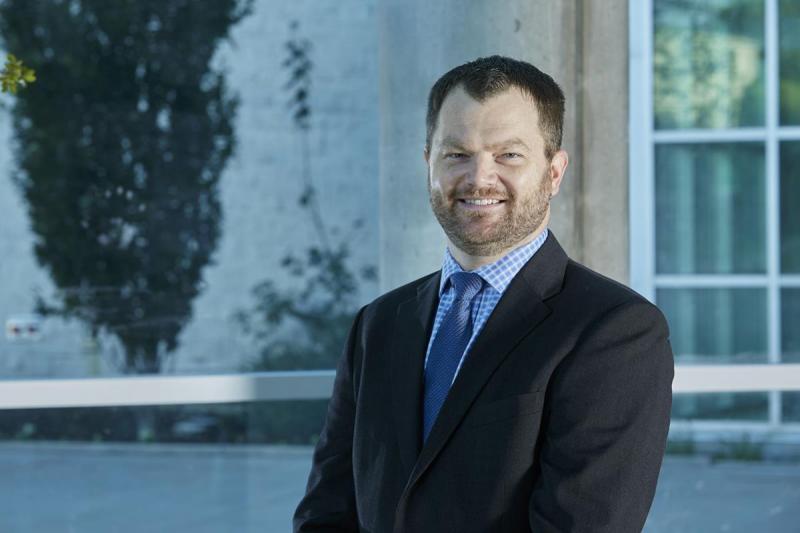American Psychological Association Division 50
“How can our division better support the clinicians and researchers of tomorrow?”

The most effective way for Division 50 to support early career researchers and clinicians is to facilitate opportunities for mentorship by established colleagues, such as the networking events that happen at the CPA conference. Supporting diversity initiatives and promoting involvement of underrepresented groups is an equally important priority.

First, I just want to say how much I appreciate Division 50’s consistent support of ECP’s. Some ideas for supporting researchers of tomorrow include: 1) offering trainings/programming in advanced research/statistical methods, 2) helping ECP’s get involved with public policy/advocacy work, and 3) modeling and supporting interdisciplinary science.

The amount of literature to follow is overwhelming to me, a clinician addressing substance use disorders especially the opioid crisis. A service that pulls together a summary of research reports, perhaps on a quarterly basis, would be enormously helpful. It would address the long-standing issue of clinicians not being knowledgeable of recent findings that could be applied to clinical practice. If there is something like that already available, I would appreciate learning how to access it.

There’s an “addiction crisis” facing America. There’s in increasing array of licit and illicit products that have acute mood-altering properties and are addictive, including (but not limited) prescription opioids, numerous cannabis products, e-cigarettes and other novel tobacco products, high-performance digital media technologies, and calorie-dense, nutrient-poor manufactured foods. SoAP is one of the few addiction organizations that is “drug-agnostic” and includes non-drug addictions. Hoping SoAP can continue being a champion for considering addiction more broadly and emphasizing the clinical reality that most folks don’t have problems with only one substance or behavior, imparting research, training, and community engagement of future early career professionals with this concept.
For the next issue, please respond to the following prompt in 50 words or less—“What do you think is the most interesting or important area of research in addiction psychology and why?”
Please send submissions to dana.litt@unthsc.edu by October 1, 2019.

Resources are available for those struggling with addiction and numerous effective treatments exist. Whether you are looking for help for yourself or a loved one, we encourage you to seek out help.